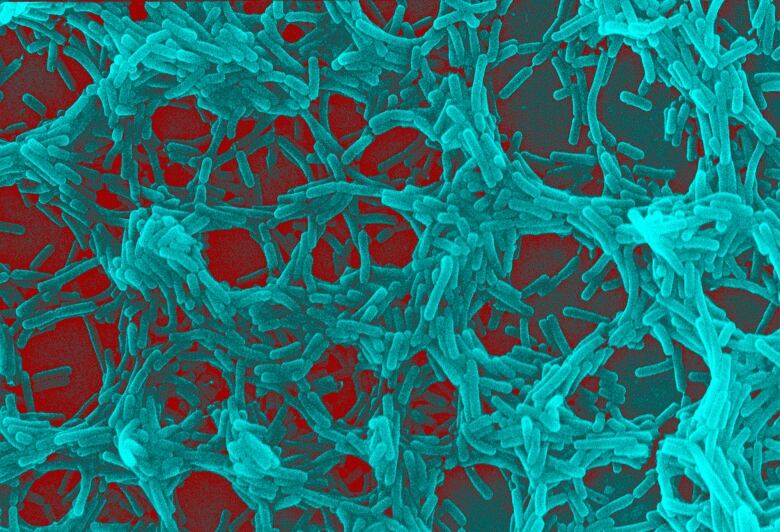How science can help you keep your New Year's resolutions
Trying to lose weight and quit smoking? Science can help

How many of us are still holding strong with our resolutions?Whether it is to lose weight, quit smoking, spend less or eat healthier,many people are trying to make 2018 better than 2017.What better way to improve 2018 than to learn some science that will help you keep that resolution?
What's new in weight-loss science that can help us achieve our goals?
There is a lot that'snew in the world of diet science.Of course, sugar is the new fat and fat is now good for you (in moderation of course). And the science case for avoiding sugar is very strong, way stronger than it ever was to avoid fat.We all know now that sugar is bad for you:it spikes your insulin, makes you prone to diabetes, obesity and addiction.There is also a secondary reason why sugar is bad:it feeds your bad microbes.

The microbes that live in our gut are essential to our digestion. We can't digest most of the foods we eat if we don't have a healthy population of resident bacteria.That's why your stomach gets upset after a course of antibiotics.You have just killed off many of the good microbes to try and get the few bad ones making you sick.In order to maintain healthy digestion and a healthy weight, you need to feed the good microbes.
Think of the gut as a big apartment building and you as the landlord.You need to try to satisfy the good tenants and not the bad ones.
We have bad tenants in our gut likeClostridiumspecies that take up space where the good tenants like Lactobacillus could be residing.
How do we encourage the so-called 'good tenants'?
This is where diet comes in.You may have heard of prebiotics and probiotics. Probiotics are actual bacteria that you eat or ingest that are supposed to repopulate your gut with good flora.The research is mixed on how effective probiotics are.It is more likely that the best way to give the good bacteria a gut hug is to feed them the food they love to eat,namely, fibre.

Eating well is an important way to help your good bacteria.There was a recent publication on this in Cell Host and Microbe, where researchers discovered that a diet rich in fibre helps prevent mucous lining degradation in the intestine and makes mice less prone to obesity and also colon disorders like ulcerative colitis.
In a lot of ways, keeping your resolution to lose weight isn't about what you are feeding yourself, but what you are feeding your gut microbes.
What are the best sources of fibre for our bacteria?
Inulin fibre happens to be the preferred food for good bacteria.And you are likely eating some already(onions are a good source, so are leeks, bananas, asparagus, artichokes,yams and seaweed).There are lots of sources of this soluble fibre.It, of course, boils down to eating more fresh fruit and vegetables but think about it as not necessarily for you, but for your happy passengers of your gut microbes.
And I might mention, if you resolve to eat more fibre (instead of lose weight), you will lose weight as side-effect.Fibre fills you up, so you are less likely to eat excess calories and more likely to eat nutrient-dense foods rather than French fries and pop and highly processed foods.Plus, it puts a positive spin on your resolution:you are resolving to eat more fibre, not just "eat healthier"or "lose weight."
What about quitting smoking?
There's some recent science in this domain,too.First off, all the science says quitting cold turkey is the best and hardest way to quit.But there may be a way to make going cold turkeya bit easier to bear:more exercise.

A new study in theBritish Journal of Pharmacologysuggests that combining the idea of exercising moretogether withquitting smokingwill increase your chance of success.The more you exercise, the more your nicotinic receptors in your brain are activated, which means your withdrawal symptoms for a cigarette are much less than without exercise.
Nicotine normally binds receptors in your brain that are supposed to bind a neurotransmitter called acetylcholine.Nicotine fits into the little molecular receptors to elicit its effects. Those receptors and all the signals downstream that it causes createa feeling of pleasure and reward.Hence, the addiction. Butexercise can give you that same runner's high or feeling of reward, and can dampen the withdrawal symptoms associated with addiction.

So, to recap: Eat more fibreand exercise! But remember:the resolutions that are most likely to be kept are those that are attainable. And it takes more than 30 days to make a habit.Stick with it until February 1,then reset your goals, and it will be way easier to keep going.












_(720p).jpg)


 OFFICIAL HD MUSIC VIDEO.jpg)
.jpg)



























































































